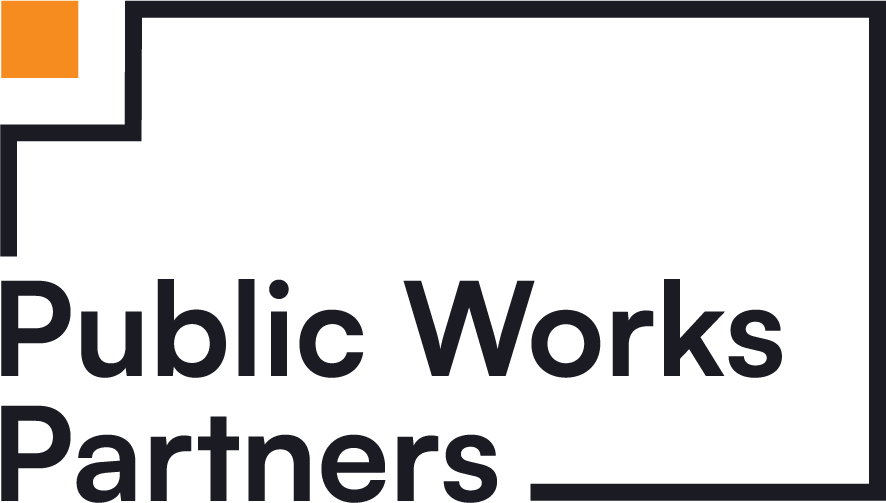The ongoing COVID-19 pandemic has transformed our economy, our workplaces, and our world. One of the most significant changes was the relationship between corporations and the world around them. With the rise of the pandemic and its disproportionate effects on low-income and traditionally marginalized communities, the pandemic crystallized social and economic issues like inequality and poverty. Many businesses responded by transforming their Corporate Social Responsibility (CSR) programs to support communities hit hard by the pandemic.
In a much-cited journal article from 2020, He and Harris examine how the pandemic guided businesses to develop more genuine, authentic, and mission-aligned CSR goals and offer prescriptive pathways companies can follow to make a more direct impact on their communities. For example, many banks waived interest fees on overdrafts and credit card payments, supermarkets opened their doors for “elderly-only” hours, and business leaders like Jack Dorsey from Twitter committed $1 billion to fighting the pandemic. These modes of CSR were clearly aimed at alleviating the immediate challenges of the pandemic facing the customers of these companies, but the pandemic had a broader impact on the world of CSR as well.
While for years, corporate social responsibility was viewed as a side project to traditional business practices, it is now a tool for innovation in product development, industry innovation, and consumer relationships. Johnson & Johnson, for example, has begun integrating their sustainability and health equity goals, which their CSR has focused on for years, with their business practices, including maximizing transparency and setting a standard for other corporations in their industry. Every year, Johnson & Johnson now publishes a “Health for Humanity” report that makes transparent their CSR goals and showcases the metrics used to track their progress. This includes producing their single-shot COVID-19 vaccine at a not-for-profit price and reducing its carbon footprint by 34%. The company also committed to reducing its annual use of plastic by 25% by 2025. The company also purchased a solar array in South Texas and plans on procuring 100% renewable energy by 2025. Other corporations have followed suit, better aligning their CSR goals with their business practices and building a stronger bridge of trust with their customers.
Another key trend in Corporate Social Responsibility is the growth of bottom-up CSR projects. Businesses have begun revitalizing their CSR initiatives by allowing their employees to take the helm and lead initiatives. In an article for the Stanford Social Innovation Review, Marilyn Harris tells the story of a consulting firm employee pitching his firm’s social responsibility initiative to provide NGOs and aid agencies with consulting services at below-market fees that cover costs and exclude profit margin and overhead. The firm launched the program and saw immediate impact on both their staff and their community reputation. It improved retention rates, provided positive career outcomes, and improved company morale. The firm has completed over 1,000 projects since the program’s inception.
CSR initiatives are not just for large multinational corporations. Bottom-up CSR initiatives can be incredibly powerful within your own organization, and utilizing key stakeholders to focus your energy on local challenges can be equally rewarding. A key phrase to remember in CSR is “Think global, act local.” Your mission can be as broad and wide-ranging as you want, but the more you engage local stakeholders and community leaders, the more impactful your work will be. Your firm depends on the community it serves to be successful, so understand the challenges and come up with a strategy to help tackle them.
When looking at your own organization’s corporate social responsibility, it’s worth examining how these goals fit in with your firm at large. Are your CSR goals aligned with your company’s mission? Do these goals build towards a better future in your industry? Are you building more equitable, effective solutions to widespread problems? Not only can these questions support your CSR practices, but they can also help build more trustworthy business practices into your firm’s day-to-day work. Aligning your social responsibility practice with your work will not only support innovation and growth within your organization, both at the staffing level and with your deliverable quality, but it will also help build a stronger world for the next generation. Empower your employees to set the standard and align your practices with your vision. Whether it’s sourcing 100% sustainable materials, transforming the local education system, building a better future for low-income families in your area through affordable housing, or tackling racial biases in your community, your firm’s commitment to the world should be a fundamental and vibrant part of your everyday business practices.





